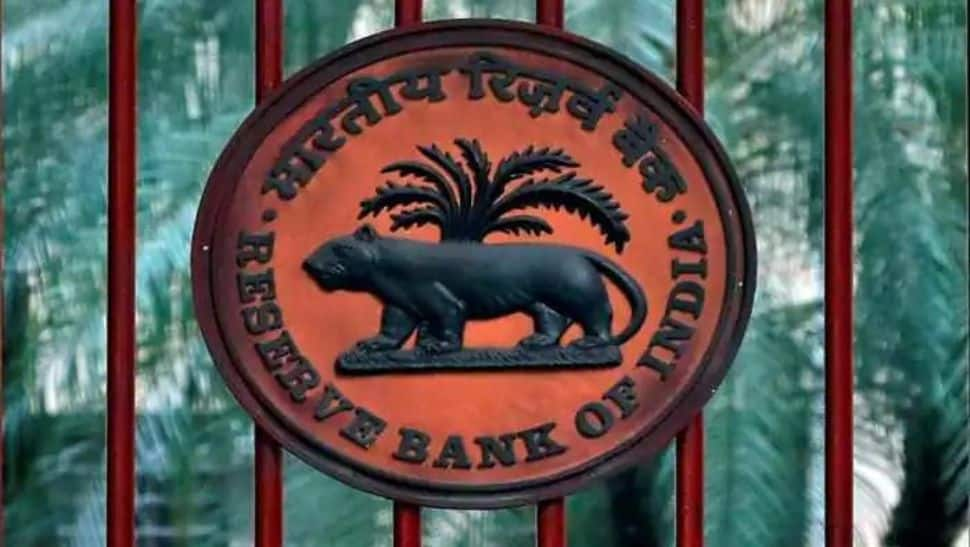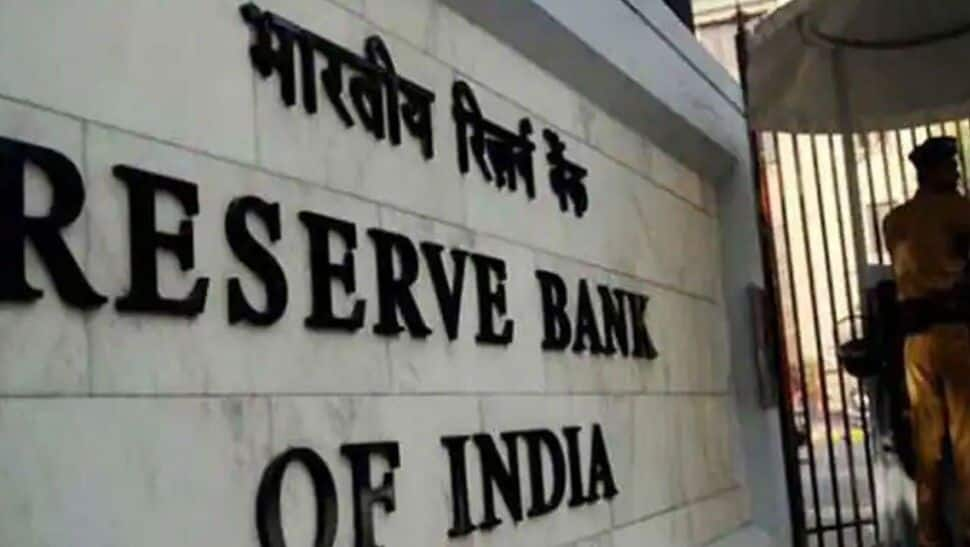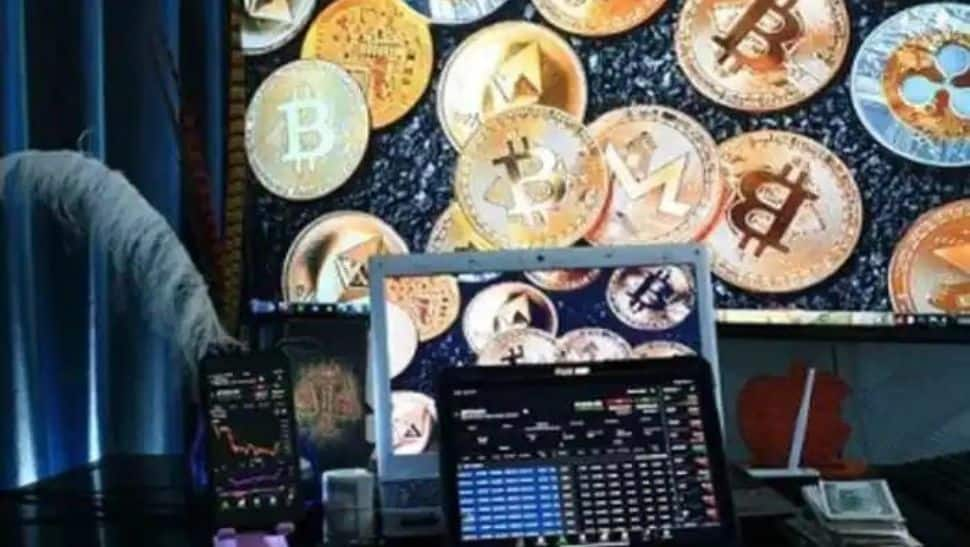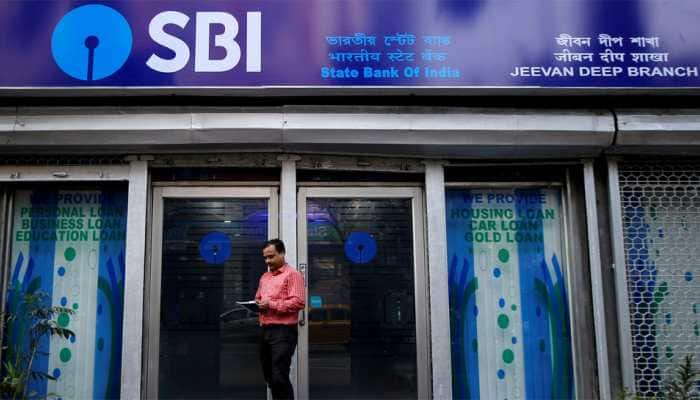Year-ender 2022: BIG changes in 2022 that directly impacted your finance
Personal finance changes in 2022
)
Like every year, the personal finance sector saw changes in patterns, particularly as technology and its uses advance. However, the pandemic has made personal finance a hot topic. Continue reading to know in detail about the changes in 2022 that directly impacted your finances.
Card tokenisation

The Reserve Bank of India (RBI) in 2019 permitted card networks to tokenize card transactions in order to continue enhancing the security and safety of card transactions as the use of digital payments has grown. The implementation deadline for tokenization of card-based payments was set for October 1 by the Reserve Bank of India.
NRIs to Use of Bharat Bill Payment System

Under the BPPS, the RBI has permitted NRIs to send inbound foreign remittances, enabling them to pay for themselves or their loved ones in India directly with different utilities and other bills, education costs, etc.
Repo rate hike

The repo rate was recently increased by the Reserve Bank of India (RBI) by 35 bps, marking the sixth such increase in 2022. Currently, the repo rate is 6.25 percent. The benchmark lending rate was increased by 40 basis points by the central bank's rate-setting panel for the first time in May. A 50 bps rise each in June, August, and September followed this. The RBI increased the rate by 190 basis points in total.
Central Bank Digital Currency

The Reserve Bank of India (RBI) launched India's first digital rupee pilot project in a historic move. The Central Bank Digital Currency is another name for the digital rupee. It is a computerised representation of RBI cash notes.
30 percent tax on digital assets

Announcing the Union Budget 2022, Finance Minister Nirmala Sitharaman proposed a flat 30 percent taxation on income from crypto and digital assets.
In her Budget speech on February 1, Sitharaman said, "There has been a phenomenal increase in transactions in virtual digital assets. The magnitude and frequency of these transactions have made it imperative to provide for a specific tax regime. Accordingly, for the taxation of virtual digital assets, I propose to provide that any income from transfer of any virtual digital asset shall be taxed at the rate of 30 percent."
Overseas Investment rules and regulations

In a move to enhance the overall investment climate for HNIs and corporations in India, the RBI revised the ODI regime with a number of rule changes and relaxations that addressed a variety of issues, including the definition of portfolio investments, start-up regulations, the liberalisation of round-trip and foreign investment regulations in the financial services sector, the clarification of share swap regulations, and ESOP regulations.
Trending Photos








